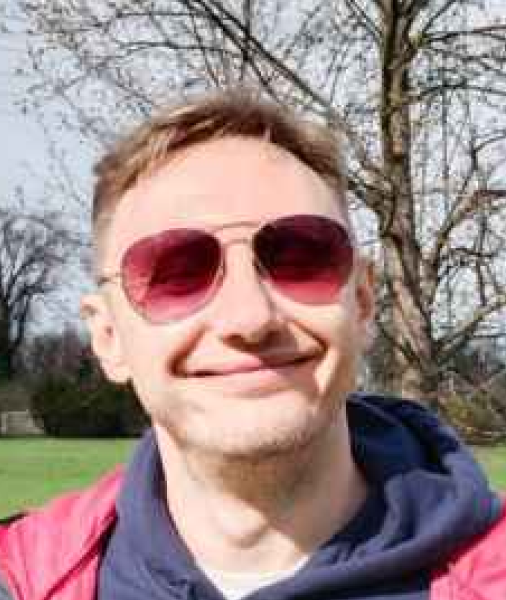International Student Conference
This conference aims to provide a platform for students to present and discuss their research in English Studies, focusing on the role of discourse in language, literature, and cultural representation. Objectives include fostering interdisciplinary conversations, bringing together students and scholars from various English Studies disciplines, and encouraging critical analyses of language impact on societal norms, values, and cultural narratives. To actively encourage student participation and engagement, the conference is offered free of charge.
Contributions are invited that align with but are not limited to the following thematic areas: linguistics (pragmatics, discourse analysis, media linguistics), literary studies (narratives and discourse in literature, postcolonial discourse, critical theory and discourse), cultural studies (discourse and culture, discourse and identity, representation in popular culture), cross-disciplinary approaches (intersections of language, literature, and culture; multimodal discourse analysis).
Speakers

Malachi Black
University of San Diego, USA
Łukasz Grabowski
University of Opole, Poland
Laura Vilkaitė-Lozdienė
Vilnius University, Lithuania
Kotryna Garanasvili
Vilnius University, Lithuania
Adlina Ariffin
International Islamic University Malaysia, Malaysia
Andreas Mahler
Freie Universität Berlin, Germany
Laura Vilkaitė-Lozdienė
Vilnius University, Lithuania
About the workshop presenter
↗️ Laura Vilkaitė-Lozdienė is an Associate Professor at Vilnius University. She is mostly interested in applying psycholinguistic/experimental methods to answer questions about our mental lexicon and vocabulary acquisition.
↗️ Recently, she has become involved in practical work with easy language and adapting information for populations with special needs. Following this work, she is now leading a research study on which linguistic features make our language difficult to process for different speaker populations (funded by the Lithuanian Research Council).
Conference workshop Designing Experiments in Linguistics: Main Steps and Considerations
↗️ We usually imagine linguists working with texts: literary works, old manuscripts, or large corpora. However, when we want to explore how people understand and learn languages, the most straightforward way to study these questions is by designing and running various experimental studies. In this workshop, we will go through the main steps of designing an experiment: formulating a hypothesis, choosing an experimental paradigm, creating your stimuli, and writing a script to run your study. We will take an example of a self-paced reading study, exploring the processing of sentences in passive voice. Following a published study, we will come up with a short experiment. Then, we will use Psytoolkit software (Stoet, 2017) to get our experiments up and running. Finally, we will pilot our experiments with peers and briefly discuss how the data could be analyzed. This workshop is designed to get some practical experience with designing experiments to be able to better interpret research papers on experimental studies.



